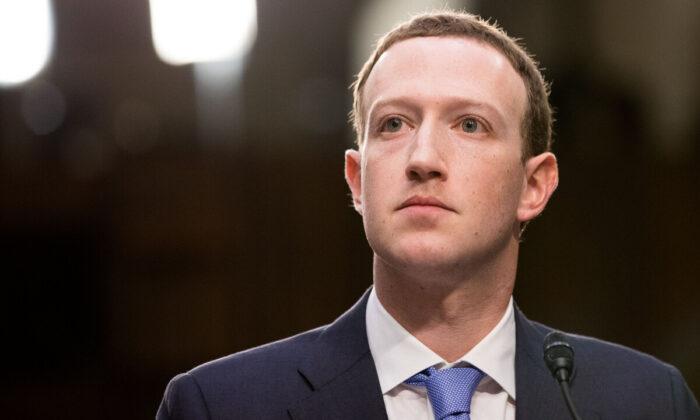Meta, which owns Facebook and Instagram, is launching a paid subscription program called “Meta Verified” that allows for account verification with a blue badge—a move that models Twitter’s blue checkmark feature.
The program will be available for Facebook and Instagram users, and is offered as an extra feature. The average user can still access the platforms without payments.
According to the company, the “Meta Verified” program will be introduced in New Zealand and Australia this week, followed by other nations in the future. At present, businesses are not eligible for Meta Verified.
Meta’s announcement comes after Twitter had earlier introduced the “Twitter Blue” paid subscription program that allows subscribers to get a blue checkmark and a host of other features.
Verification and Pricing
In order to qualify for Meta Verified, users must be 18 years of age or older, provide a government ID with a name and photo that matches their profile, and meet minimum activity requirements like prior posting history.Meta has struggled with fake accounts as well as users complaining about such accounts. Many users have also complained about challenges in getting help from customer support when dealing with issues like getting locked out of accounts, being hacked, and so on.
Zuckerberg justified the subscription fee by citing costs involved in providing customer support and verification.
“We already provide protections and some support for everyone. But verifying government IDs and providing direct access to customer support for millions or billions of people costs a significant amount of money,” he replied to a comment on the Facebook post.
“Subscription fees will cover this and will also pace how many people sign up so we'll be able to ensure quality as we scale.”
Shaky Financials at Meta
Meta’s subscription service announcement comes after a poor financial performance last year. The company’s revenues had largely remained flat in 2022 at $116.61 billion, slightly lower than $117.93 billion in 2021.Its expenses rose while income fell. Costs and expenses jumped from $71.17 billion to $87.67 billion while income from operations fell from $46.75 to $28.94 billion. Its net income fell by 41 percent to $23.2 billion.
Over the past year, Meta shares have declined by more than 14 percent as of Feb. 17. In November, the company announced laying off 11,000 employees. A hiring freeze is in effect until March.
Meta’s VR division Reality Labs has reported an operating loss of over $21 billion over the past two years. “With the economy bracing for a recession, Meta may see its advertising revenues shrink, making it harder to explain to stockholders why sinking billions into the metaverse is a good idea,” Svab wrote.





